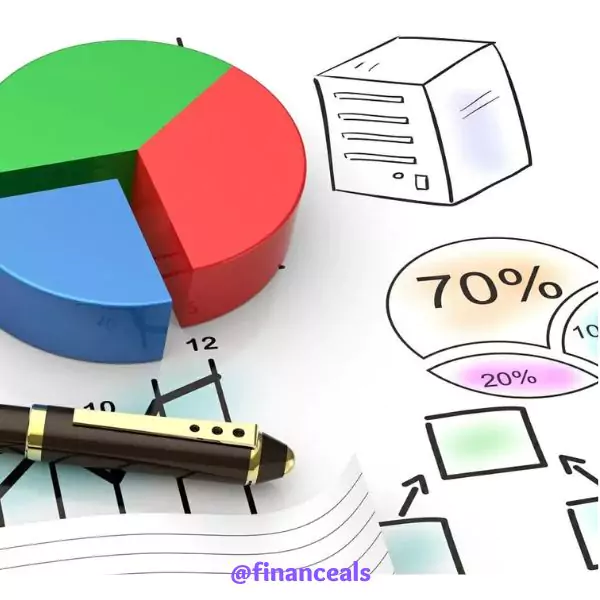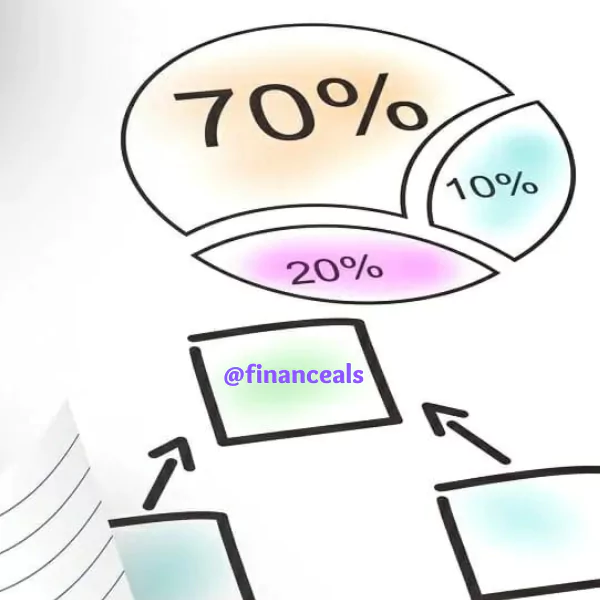Doesn’t matter how much you earn, if you don’t know how to manage your finances well then you’re already in a problem. It’s no surprise that Wealth management is one of the most well-paid careers across the USA and other giant economies in the world. For managing your personal finance well, you should start making changes in your daily habits and things will start falling into place eventually.
You may find it hard to manage your money in the beginning but it’s a non-negotiable for your financial goals. So, it’s always better to make merry with the financial lessons early in your life. Read further to know about the best ways you can take good care of your finances.
Top 6 Habits For Managing Your Personal Finance
Managing Your Personal Finances is no rocket science. All it needs is your attention, discipline, and regular tracking of your own money. Initially what may look like a task to you becomes a habit with little patience and consistency later.
Through this blog, I will be sharing some of the most recommended ways of managing your personal finances. All of these steps are very important and Highly Recommended for everyone irrespective of their Financial status.
While these methods are easy to follow they are very powerful for your financial wealth. Read along to take your steps forward towards a better future.
Create a Budget
A budget is the first and foremost step towards managing your personal finances. To control something it is important to measure it first and a Budget can be that measurement for your routine expenditure.
A Monthly (and Annual) budget is a great way to place a limit on your regular expenditures. Based on spending habits decide an amount that should be enough to fund your monthly expenditures. Similarly, you can put a cap on other expenditure heads like vacations, shopping, dining out, etc.

Once you know the heads you will be in a better position to track and manage your money. At the same time, you should also make sure that you are setting realistic goals for your budget.
Since you’re a beginner don’t get stressed if, in the first few months, you cross the budget limit. With time you will figure out how and where you need to make the adjustments to put the expenses within the limit.
Track Your Finances for Managing Your Personal Finance
Money Management is a major milestone on your road to becoming a wealthy person. Tracking your money is a crucial step in the right direction. By tracking your expenses regularly you ensure you are sticking to your budget.
Start making entries of your regular expenses in a monthly tracker or take the help of apps to do this. Create a few major expenditure heads like Rent, Fuel, Travel, Bills, etc. At the end of the month, you will have the whole picture before you.

As long as you’re tracking your money outflow you are in complete control. It gives you an added advantage since you know when and where to put a stop to your expenses. You can easily keep a check on your finances and make adjustments when needed.
Also Read: Win in Life With Financial Thinking and Planning
An Emergency Fund is Crucial For Managing Your Personal Finance
Emergencies have a bad habit of not informing before happening. Although You can not stop an emergency from happening plan for it so that you are financially prepared to tackle it.
An emergency fund is an important part of managing your personal finances well. An emergency fund covers you when an unwelcoming situation such as losing your job, medical emergency, etc. happens.
Your emergency fund should be at least four to six times your monthly expenses. Contributing to the emergency fund with a fixed amount every month till the targets are met will help you manage it.
Get Financially Educated for Managing Your Personal Finances
For long-term financial success and a secure future managing your personal finances today is very crucial. Getting a proper financial education is the right move in that direction.
It doesn’t matter where you get this education. You can refer to the amazing videos on YouTube for free or get popular online/offline certification courses to get this job done. In any case, this decision will be worth your time and money.
You get to know about the ways you not only get to know the best methods of utilizing your money but also create passive income sources. Knowledge about Investing mediums and how to grow your money is also covered in the modules to help you give a bird’s eye view of everything around personal finance.
Practical and fundamental knowledge about money helps you take control of your finances and make informed decisions regarding your funds allocation. Sound financial management skills also keep financial anxiety and stress at bay.
Invest Wisely
You’re doing an injustice to your future self if you’re keeping cash at home or watching it sitting idle in your bank account. You should find ways where your extra cash can create additional income for you.
Investing can be a great way to achieve this goal. You may have already heard this from a lot of people but might be clueless about where to invest your money. There are many ways you can invest depending on your risk appetite.
Fixed Deposits and Mutual funds are the most popular vehicles of your savings route today. So, you can start with them as these zero to low-risk investment avenues.

You can start Investing in stocks with small amounts in the first few months as it involves considerable risk. Once you’re comfortable with it you can increase the investment amount to build your portfolio.
Forex and Cryptocurrencies can be the other two choices that are high-risk- high-reward investment mediums. Although given the volatility you may consider avoiding it as a beginner.
Also Read: How to Cut Down Expenses?
Save for Unforeseen Expenditures
Life is unpredictable so are your expenses. Thus, it is always advisable to plan for unwelcoming expenses in advance in the medium to long term. These expenses usually help you to finance a House renovation, Car Upgrade, Vacations, and Medical emergencies in the Future.
Saving is still one of the safest and most popular options out there for growing funds even after humans evolved so much. Given your current budget and expenditure keep adding a tiny amount toward a future fund for unplanned expenses.
You can also consider periodically investing this saved amount into a savings plan, SIP, or Mutual Fund. Over the period those funds will further swell with interest income apart from your periodic contribution.
By making these habits a regular part of your life, you can set yourself up for long-term financial success and stability.
